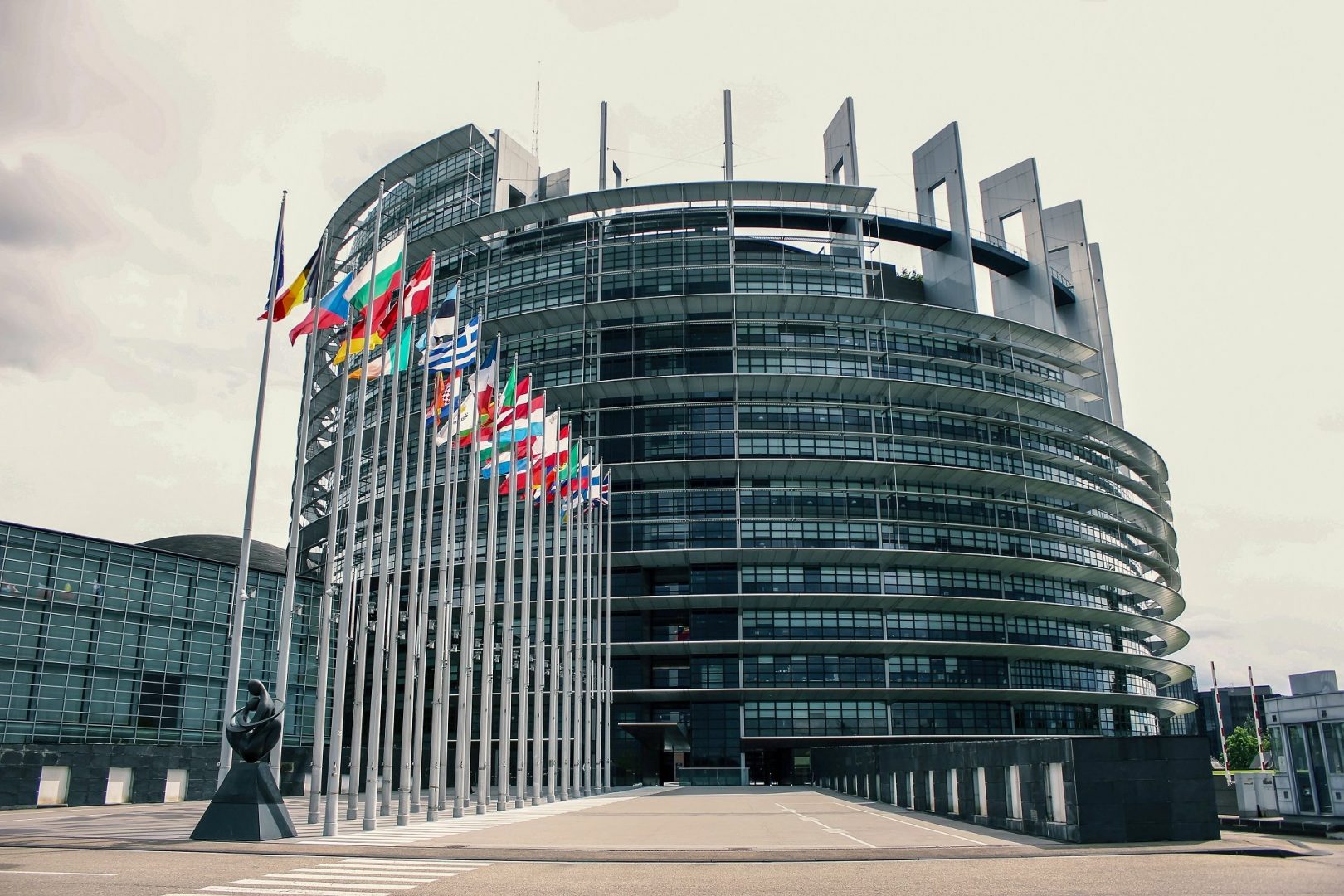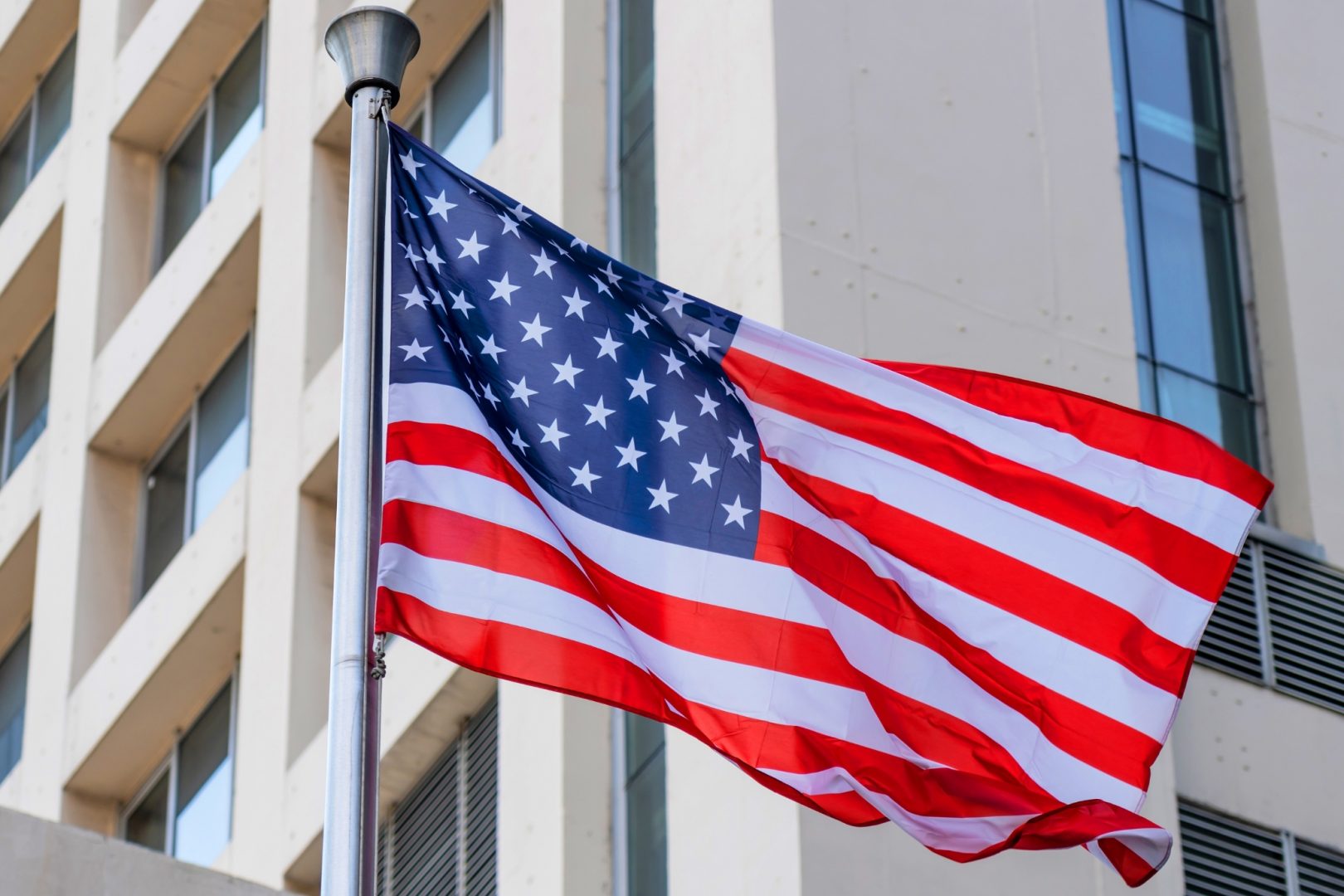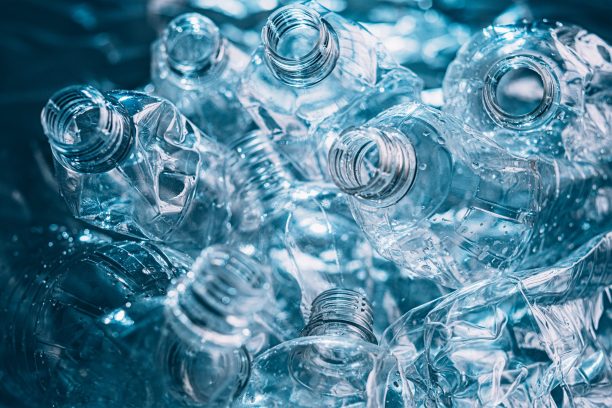New EU Battery Regulation: Measures for a Sustainable Circular Economy
- 18. July 2023
- Blog
The European Parliament has made the decision to adopt a new battery regulation. This regulation aims to cover the entire lifecycle of batteries, thereby promoting a sustainable circular economy. The European Council has also already given its approval. This means that the regulation will be directly applicable in the EU member states from the beginning of 2024.
Key Changes
The new battery regulation brings significant changes that will impact various aspects of battery production and disposal. The key changes can be summarized as the following:
1) Coverage of the entire lifecycle
For the first time, the battery regulation will cover the entire lifecycle of batteries. This includes the extraction of materials, manufacturing, use, and recycling. This establishes a comprehensive approach to promoting a circular economy.
2) Scope
The new regulations apply to all battery types sold in the EU. This includes device batteries, SLI batteries, batteries for light vehicles, batteries for electric vehicles, and rechargeable industrial batteries with a capacity exceeding 2 kWh.
3) Mandatory CO2 footprint labeling
Starting from July 2024, manufacturers supplying batteries to the EU market must indicate the CO2 footprint of their products. This encompasses the carbon footprint from material extraction to production and recycling. Based on this information, a maximum CO2 threshold for batteries will be established from July 2027.
4) Facilitated battery exchange
To promote the reuse and replacement of batteries, device batteries must be designed for easy removal and replacement by consumers upon the regulation’s enforcement. This will extend the lifespan of batteries and offer consumers more flexibility.
5) Labeling requirements for battery manufacturers
Batteries will be required to have labels and QR codes to provide comprehensive information to consumers. These labels must include details about the lifespan, charging capacity, durability, chemical composition, as well as hazardous substances, and safety risks.
6) Minimum durability and performance requirements
Minimum durability and performance requirements will be introduced for batteries. Specific parameters for device batteries, industrial batteries, batteries for light vehicles, and batteries for electric vehicles are yet to be determined.
7) Digital battery passport
LMT batteries, industrial batteries exceeding 2 kWh, and EV batteries must have a digital battery passport. This enables a more transparent supply chain and facilitates the tracking of reused materials like cobalt, lead, or lithium.
8) Increased collection targets
The regulation raises the collection targets for used batteries. All used LMT, EV, SLI, and industrial batteries for end-users must be collected free of charge. Minimum collection targets will be established for different battery categories to ensure efficient disposal and recycling.
9) Recycling rates and use of recycled materials
Battery manufacturers must achieve high recycling rates to recover valuable resources. Specific recycling rates for nickel, cobalt, lithium, and lead will be established. Additionally, the use of recycled materials from production and consumer waste will be encouraged.
10) Due diligence along the supply chain
Finally, the new battery regulation introduces due diligence obligations for the battery industry. Battery manufacturers must ensure human rights and environmental due diligence throughout the entire supply chain. This applies to all economic operators distributing batteries in the EU market.
The new EU battery regulation sets ambitious goals for the battery industry and lays the foundation for a sustainable circular economy. By covering the entire lifecycle of batteries, introducing labeling requirements, facilitating battery exchanges, increasing collection and recycling rates, and implementing due diligence along the supply chain, more environmentally friendly and resource-efficient battery production is promoted. If you have questions, contact us here.









